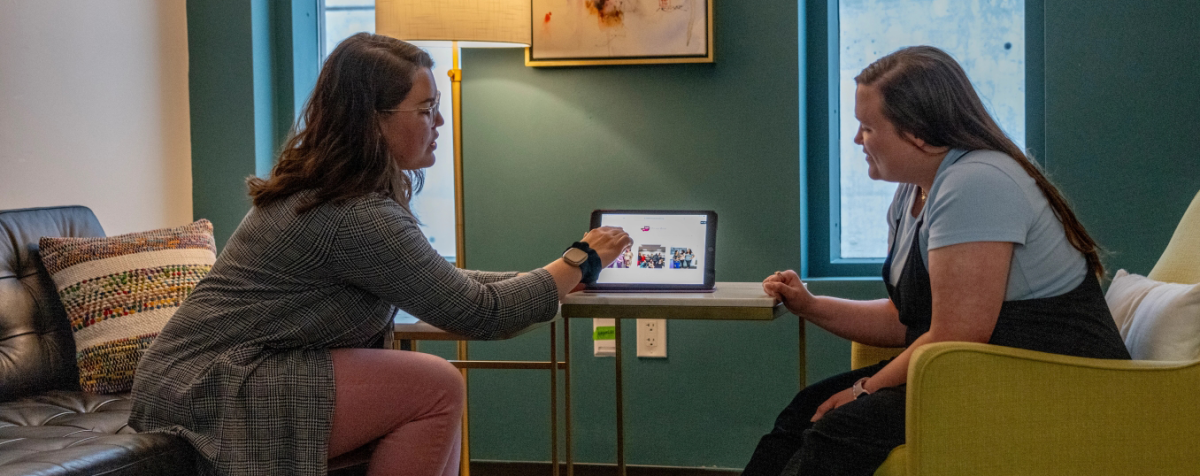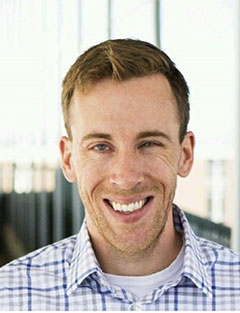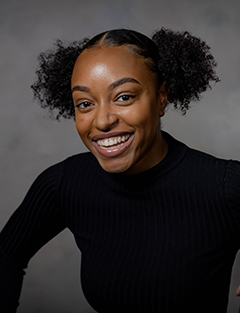If you enroll in the study, you will participate for two years. You can also participate from anywhere in the United States. All of the study activities will be done remotely, so you can participate right from the comfort of your own home.
You will be asked to complete a series of surveys that will include questionnaires on your relationship, your stress, and your health and well-being. You will receive six surveys to complete over the two years. These surveys will help us understand what changes for you during your marriage, what helps make marriage for LGBTQ+ couples happy and strong, as well as what challenges couples might face during the beginning of their marriage.
You could also be asked to complete three separate interviews over Zoom with the research team during their first year in the study. These interviews will let us understand more in-depth what your early marriage experiences are like through conversations with you.
You could also be asked to complete short daily surveys for two weeks and provide several saliva samples. The surveys and samples will allow us to look at your day-to-day experiences in your life and with your spouse, as well as your stress hormones, to better understand what happens in the body during early marriage in everyday life.
You and your spouse will be paid individually for every part of the study you are asked to be involved in (i.e., for every survey or every interview).
Perhaps most importantly, we want you to feel safe and comfortable sharing your newlywed experiences, including all the ups and downs that come with the first two years of marriage. We want to hear from you, whatever that may mean and however that may evolve, each time we check in over the two years. There’s also no requirement that you and your spouse stay together for the whole two years. If you break up, we still really value hearing from just you.
Anything personal you share will be with experienced, sensitive, and highly trained researchers (read more about our team below!). Your individual identity or identifying data collected during study activities will not be shared in any academic or public reports.
We’re here to listen to you with respect, with our goal being to gain knowledge and understanding of the joys, challenges, and health impacts of marriage for LGBTQ+ couples in the U.S. today.






